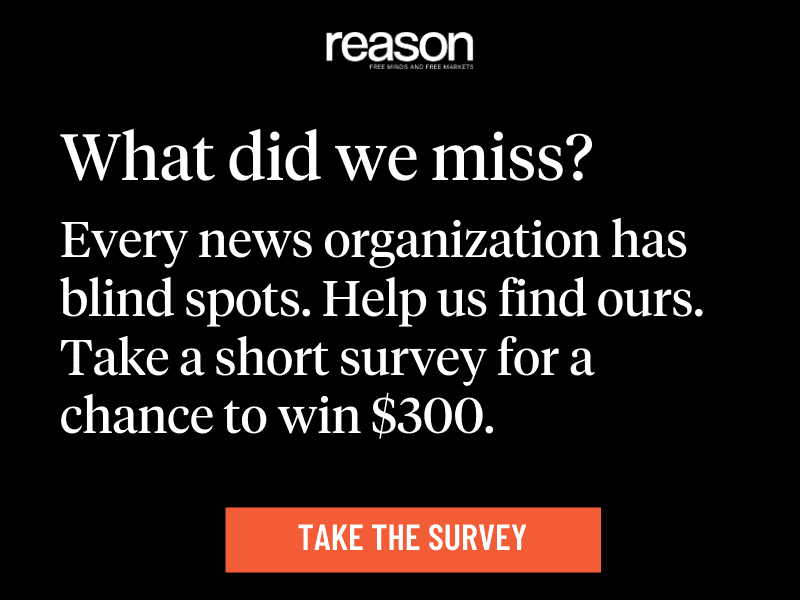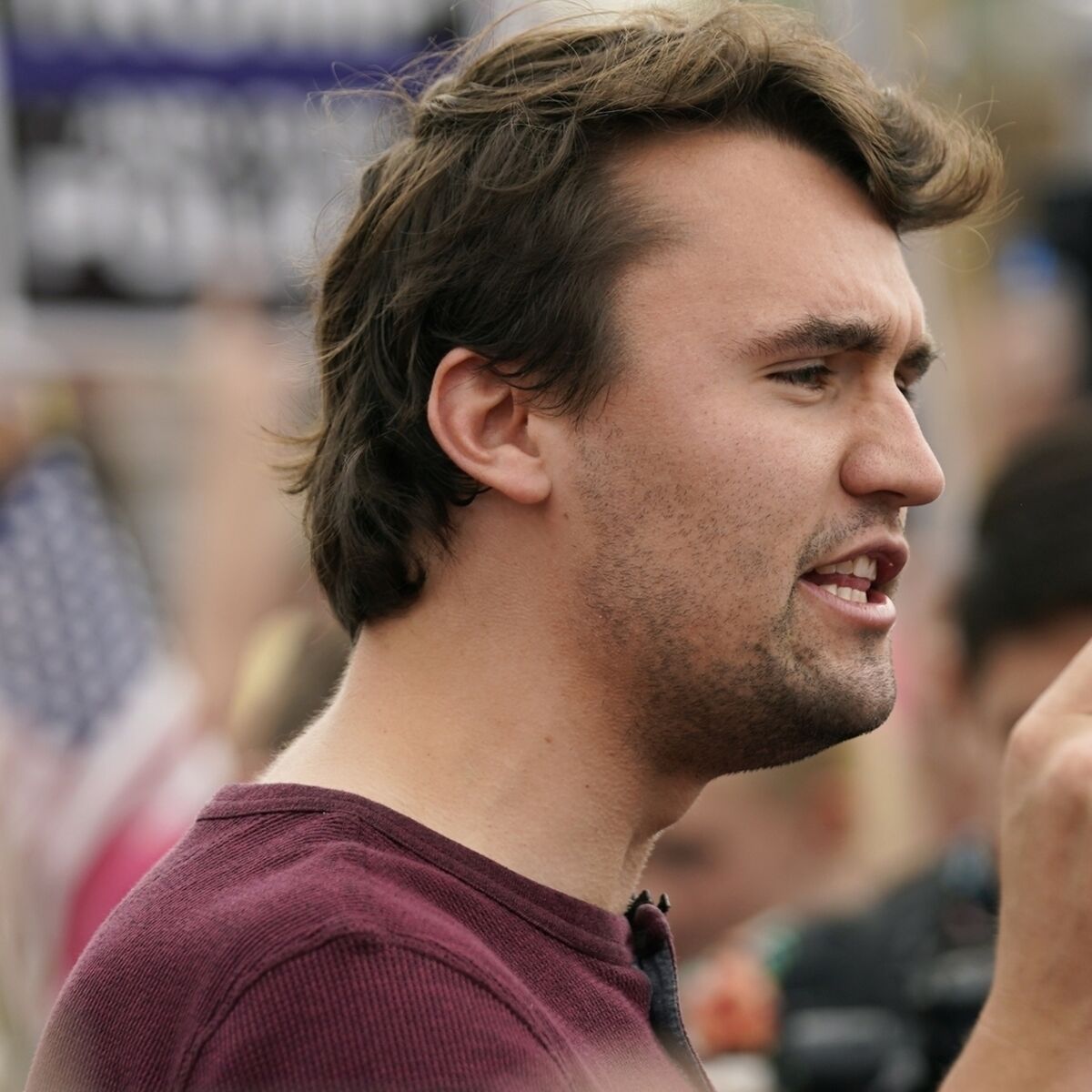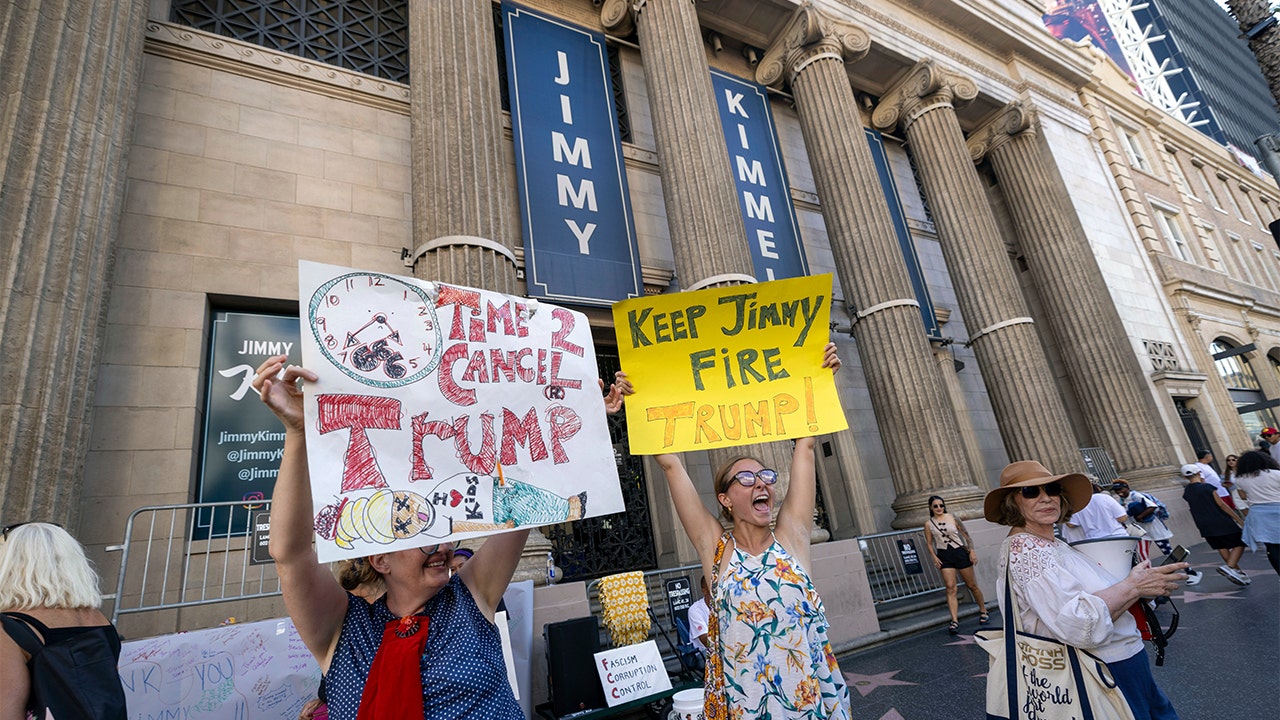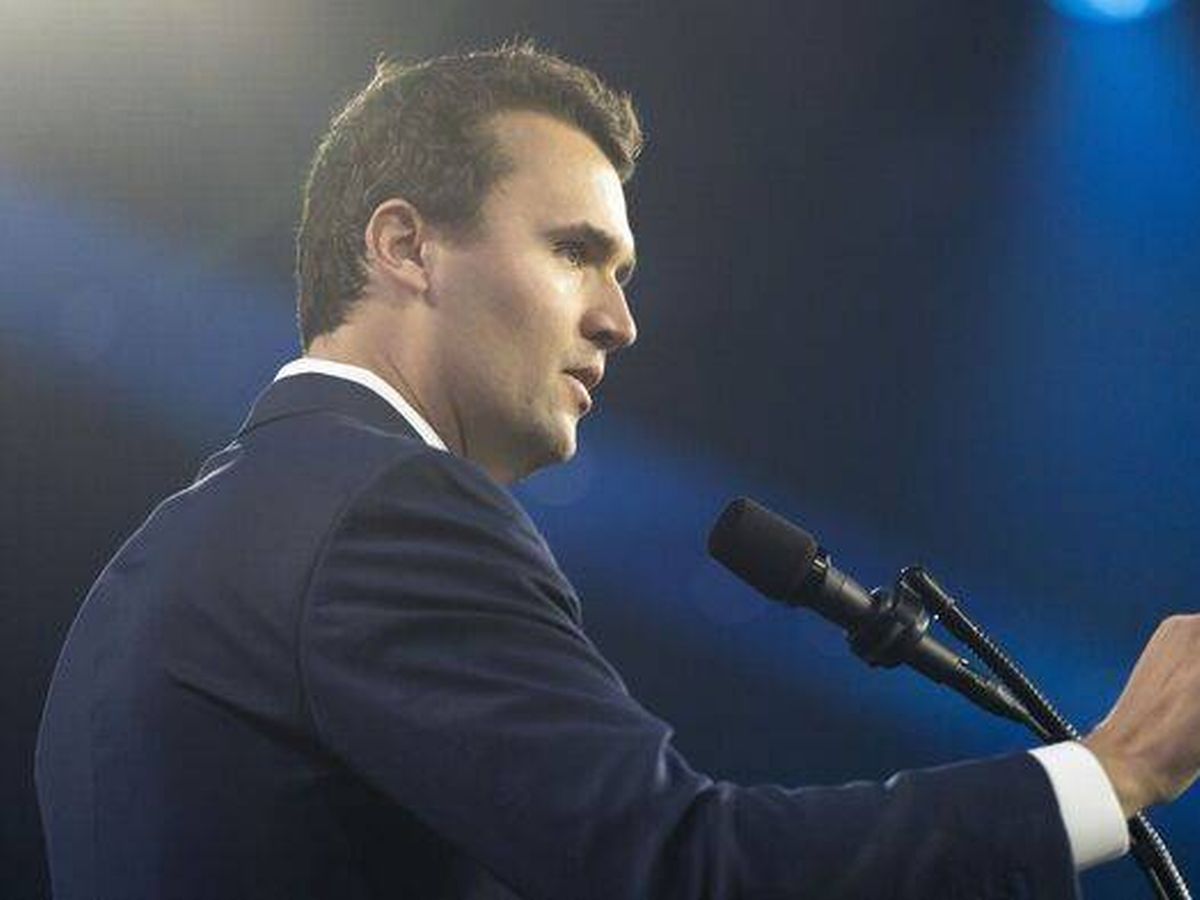By Eugene Volokh
Copyright reason

Chislett is an educator who worked at the DOE. In 2017, she was asked to serve as the Executive Director of the “AP for All” program, an initiative of former Mayor Bill de Blasio to increase participation in Advance Placement courses by students in “underserved communities.” “AP for All” was housed in the DOE’s Office of Equity & Access (“OEA”).
In her role, Chislett supervised fifteen employees and achieved success in expanding access to AP courses. However, there was early racial tension on her team. One subordinate, Akua Adefope, whom Plaintiff had criticized for “poor performance,” reported her to the DOE’s Office of Equal Opportunity and Diversity Management (“OEO”) and accused her of “‘microaggressions’ toward people of color, such as ignoring, dismissing, avoiding, interrupting, and belittling them.” The OEO found that although Chislett’s comments did not rise to the level of discrimination, some of her statements were “inappropriate.” Several of Chislett’s subordinates also denounced her for allegedly “holding employees of color back,” and when she objected, she was “accused” of being “‘white and fragile.'” Chislett complained to the head of the OEA but was “scolded.”
According to Chislett, racial conflict escalated when de Blasio selected Carranza as Chancellor of the DOE in 2018. Carranza implemented an “equity agenda” to tackle racial and economic disparities among students in their access to privileges within the school system. At the time, Carranza stressed the importance of his equity agenda, reportedly stating: “If you draw a paycheck from the DOE, you will either get on board with my equity platform or leave.”
Both de Blasio and Carranza were intent on promoting racial diversity within the DOE. To this point, de Blasio was reportedly “fixated” on the diversity of candidates, and Carranza declared there was “no daylight” between their approaches. After becoming Chancellor, Carranza created nine Executive Superintendent roles. Seven of the nine roles were filled by Black employees. Additionally, Meisha Ross-Porter, one of the new Executive Superintendents and the person de Blasio later selected to succeed Carranza as Chancellor, declared: “When I am selecting principals, teachers, or leaders—after we make the list, we look at it and we count: how many women, how many people of color, and why…. I look at the makeup, and I literally count—and it’s OK for us to do that.”
During his time as Chancellor, Carranza mandated implicit bias trainings among DOE staff. The OEA was allocated $23 million and hired approximately twenty staffers to scale these trainings, which were “part and parcel” and a “‘cornerstone'” of Carranza’s equity agenda. Both DOE staff and outside vendors facilitated implicit bias workshops. As a member of the OEA, Chislett was required to participate in the trainings, which she claims “exacerbated the already racially-charged workplace.” Some of the trainings Chislett attended were part of the DOE’s formal implicit bias training initiative. Some were sponsored by specific DOE departments.
During the first bias training on May 4, 2018, the instructor told participants that “white colleagues must take a step back and yield to colleagues of color” and “recognize that values of [w]hite culture are supremacist.” At the session, LaShawn Robinson, who led the OEA and would soon be promoted to Deputy Chancellor, told an employee, “We’ve all taken on whiteness.” The training also included PowerPoint slides that described the traits of “internalized white superiority,” including “individualism;” “denial;” “dominating space;” and “intellectualization.”
On May 10, 2018, OEA employees attended an overnight retreat that included additional training. Speakers stated that “white culture’s values” are “homogenous and supremacist” as well as that the “Protestant work ethic” and “devotion to the written word” are examples of “white supremacy.” Once again, PowerPoint slides listed values associated with “white supremacy culture,” including “Perfectionism;” “Sense of Urgency;” “Paternalism;” “Defensiveness;” “Individualism;” “Either/or thinking;” “Objectivity;” and “Power Hoarding.” During a Q&A session, instructors told Chislett that her “interest in excellence was perfectionism and consistent with white supremacy.”
At another mandatory training on June 21, 2018, instructors wrote aspects of “white culture” on four posters, including “Entitlement—access to everything;” “Need to feel validated in feelings;” and “Privilege to establish norms/’set the bar.'”Another poster was labeled, “The Haves … of white culture,” and included traits such as “Individualistic;” “Privilege;” “Money;” and “Single Identity.” Dr. Ruby Ababio-Fernandez, who developed the implicit bias initiative and became the OEA’s Senior Executive Director, declared: “There is white toxicity in the air, and we all breathe it in.” Participants were instructed to answer questions about themselves that would grade them on a scale of 0 to 130 “according to [their] white privilege like being able to buy products for [their] hair type at a typical drug store” and were physically “lined up to reveal the dividing ‘color line of privileges that favored whites.'”
On day two of the training, participants were asked to break into small groups and list “white values” on a poster. Chislett felt uncomfortable and opted not to participate. In response, another participant told Chislett that she was a “horrible person” who “did not deserve to be working with children in New York City.” Additionally, one of the facilitators told participants that if they did not learn to stand up to “people like [Chislett] who disagree with these views about white supremacist values, children’s lives would be at stake.” In no instance did a supervisor intervene.
After the implicit bias trainings, racial tensions simmered. On September 17, 2018, when Chislett asked a subordinate, Deonca Renee, why she was late to a meeting that she was supposed to help lead, Renee purportedly answered that Chislett was making a “race-based judgment” and could “not be trusted.” In a meeting the following week, Renee referred to the previous incident and said to Chislett: “How dare you approach me out of your white privilege!” Chislett complained to her supervisors but did not receive support. In a meeting on November 6, 2018, Chislett’s subordinate Adefope told her that she was “racist.” Around the same time, Adefope and Renee told Chislett that “race is at the center of every conversation” they had with her.
At one point, Chislett told her team that “this is becoming almost unbearable for me because there is increasing hostility.” In response, Renee stated: “How dare you use the word unbearable, there is black people dying in the street, you don’t have the right to use that term. You’re coming from the position of white privilege and white supremacy.” Chislett again complained, but her supervisors did not intervene.
Content from the trainings also spilled over into workplace interactions. OEA employees directed terminology from the trainings at Chislett, for example telling her that she was “socialized as a white person to be defensive.” In conversations, Chislett’s subordinates frequently spoke of the stereotypical “presumed values” of Caucasians, a perception frequently expressed in the training sessions.
OEA employees were expected to have racial conversations in group settings approximately once a month. At an internal meeting on September 24, 2018, Shannon Maltovsky, Senior Director of Anti-Bias and School Support, shared PowerPoint slides listing ground rules for the office as they began to have “more conversations about race.” Chislett described the rules as explaining that “whites who wanted to withdraw or not participate in order to be safe were demonstrating white fragility, and it was no longer [the] right [of white people] to be safe in the workplace.”
Several of Chislett’s Caucasian coworkers began to perceive the environment as hostile. One employee repeatedly stated that the workplace conduct was “unlawful.” In a declaration, another employee described the “open hostility against Caucasian employees within the ranks of the DOE.” Chislett and a coworker tried to meet with Ababio-Fernandez to discuss their concerns. However, Ababio-Fernandez “invited the very individuals” Chislett and her colleague hoped to discuss.
On November 30, 2018, Ababio-Fernandez assigned Chislett a leadership coach, OEA Senior Strategy and Policy Advisor Courtney Winkfield, who is also Caucasian. Winkfield offered Chislett insight into “what it means to be a white leader leading staff members of color.” During a training on February 12, 2019, the facilitator told participants:
It’s going to feel a little bit more uncomfortable when we get to inclusion because I’m going to ask you to talk about your power and your privilege. You are going to have to name that you have privilege. And then I’m going to ask you, while naming your privilege, to acknowledge that you may have to step back from some things, and that’s not going to feel good. And you’re probably going to question your job security. You’re probably going to wonder how you feel you belong right now.
DOE employees made racist statements about a colleague of partially white parentage. In February 2019, Chislett heard Renee use racialized sentiments when discussing a “white adjacent” colleague “from a mixed race family” who “adopted [B]lack daughters” and married “a white man.” After the colleague attempted to monitor Renee’s productivity, Renee called her “a slave master,” and another employee labeled her “a white dominant leader.” Chislett complained about what she heard to Ababio-Fernandez and the Senior Director of Operations Shahzad Kazi, but they did not address her complaints.
On March 20, 2019, Ababio-Fernandez and Winkfield removed Chislett’s supervisory responsibilities although her title and pay remained the same. They told Chislett that the team needed “time to heal.” The decision was allegedly based on feedback from Chislett’s team and other employees who reported that Chislett was an ineffective leader who caused “chaos” and “a negative work environment.” Within two days, many of Chislett’s duties were transferred to Adefope, her subordinate.
On April 3, 2019, Chislett complained to Ababio-Fernandez and Winkfield that meetings had become racially divisive. Kazi then stated: “I too am concerned about the tone of these conversations about race during team meetings. We need to make sure that we do not violate [the] Chancellor’s Regulations or Union policy during OEA trainings.” In response, OEA Executive Director of Educational Equity, Anti-Bias and Diversity Paul Forbes declared: “I am not concerned … because this Chancellor truly has our back.”
On April 11, 2019, Chislett retained legal counsel who contacted the DOE about her “unanswered complaints regarding the hostile work environment she was forced to endure and the discriminatory manner in which … her role had been diminished ….” The DOE “did not take any steps to address Chislett’s complaint.”
On April 16, 2019, Winkfield announced that the “AP for All” team would engage in eight weeks of “racial literacy training.” Several weeks later, Chislett complained to Winkfield about a particular assigned reading, which she felt “stereotyped Caucasians.” Chislett also reported that she had to “endure a colleague’s offensive race-based accusations” during the trainings that her “lack of vulnerability in conversations was because [she was] white.” Winkfield told Chislett that it was her “responsibility to ask people to stay in protocol” and stated that the “trainings [were] not going to change.”
Around this time, several Caucasian DOE employees contacted the New York Post about Carranza’s equity agenda. A reporter reached out to Chislett, who spoke anonymously about the implicit bias trainings. However, Chislett’s supervisors were aware that she had spoken to the press because the New York Post reached out to the DOE to confirm her title. On May 18, 2019, the New York Post published an article titled “Schools Chancellor Richard Carranza accused of demoting admins because they were white.” Two days later, the New York Post published another article titled “Richard Carranza held ‘white supremacy culture’ training for school admins,” which contained a picture that Chislett took during an implicit bias training.
On May 23, 2019, Chislett attended an OEA staff training retreat. Conversation quickly turned to the New York Post articles. Forbes declared:
We see there are people within who already have views and say they are part of the equity excellence work and they’re sitting amongst us, next to us, between us and alongside of whiteness. I keep saying, if you go to Tweed [the DOE headquarters], there are people there who say they have that title but they are not about this, but they don’t know what that’s about.
The room became very tense, and Renee stood up. She addressed Chislett by name and told her that she was “prohibiting this work from happening.” Adefope stood up and called out Chislett as well. Other employees also stood up and told Chislett that she was “not willing to do the [equity] work” and that she “should just go.” This continued for approximately fifteen minutes before Ababio-Fernandez terminated it. Chislett “tried to defend herself” and left the meeting “humiliated;” “frightened;” and “in tears.”
Chislett left the retreat before the second day and required short term disability leave to seek medical attention for her emotional distress. After her leave, Chislett felt she could not return to the workplace. Consequently, Chislett resigned from the DOE in September 2019.



